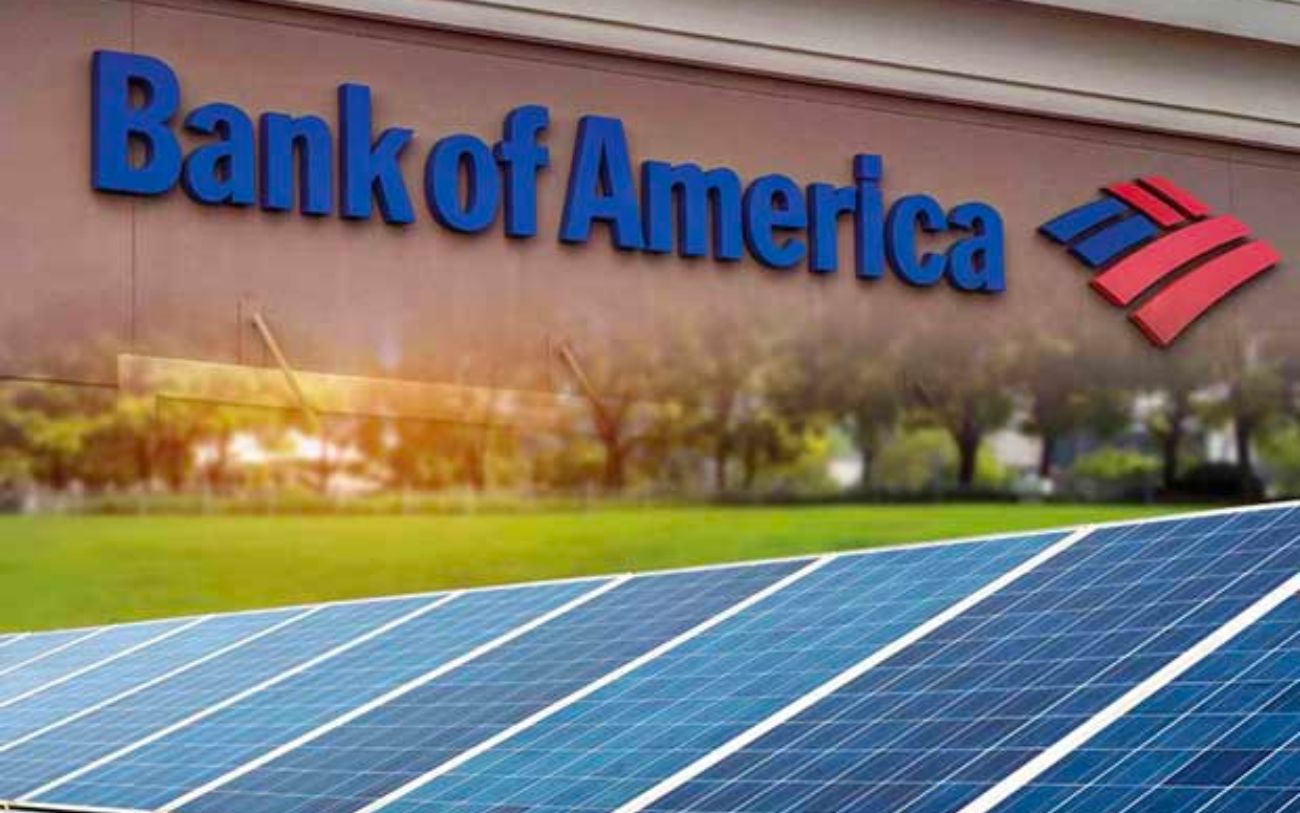BANKING
Sustainability in Banking: A Core Business Strategy

How Financial Institutions Are Embracing Green Finance and Responsible Banking
In recent years, banks have increasingly incorporated sustainability into their core business strategies, recognizing the importance of environmental conservation and social responsibility.
This shift is not only a response to the growing climate crisis but also an acknowledgment of the financial risks associated with climate change and the opportunities presented by sustainable investments.
Banks are now more committed to reducing their carbon footprint, financing projects that promote sustainability, and adhering to responsible banking principles. This involves offering green loans, investing in renewable energy, financing infrastructure that supports sustainability, and providing funds for initiatives that contribute to carbon neutrality.
Benefits of Banking Companies Investment in Carbon Offsetting
01
Reducing Greenhouse Gas Emissions
By taking measures to offset or reduce their emissions, banking are playing a crucial role in combating climate change.
02
Commitment to Sustainability
This action helps enhance the banking reputation and attract environmentally-conscious customers.
03
Alignment with Regulations and Carbon Goals
This is crucial to ensure that companies remain competitive in an evolving regulatory landscape and meet global sustainability expectations.
Banking on Sustainability: Recent Climate Initiatives in Finance
– In November 2021, the European Central Bank (ECB) announced that it will start to consider climate risks in its monetary policy decisions. This means that the ECB will take into account the impact of climate change on the economy and the financial system, and adjust its policies accordingly.
– In September 2021, the United Nations Environment Programme Finance Initiative (UNEP FI) launched the Net-Zero Banking Alliance, a global initiative that aims to align the banking sector with net-zero emissions by 2050. The alliance includes more than 50 banks from around the world.
– In June 2021, the Bank of Japan (BOJ) announced that it will launch a new lending facility to support climate change mitigation efforts. The facility will provide loans to banks that lend to projects aimed at reducing greenhouse gas emissions.
– In May 2021, the United States Federal Reserve announced that it will join the Network for Greening the Financial System (NGFS), a global network of central banks and supervisors that aims to promote the transition to a sustainable economy.
Banking Embracing Sustainability Worldwide
In recent years, prominent banks have committed to combating climate change and promoting environmental sustainability, emphasizing their role in fostering eco-friendly practices in the financial sector. Through investments in renewable energy and support for carbon-neutral initiatives, these banks play a pivotal role in the worldwide shift towards a sustainable future. Their actions serve as a model for others in the industry, highlighting the significance of collective efforts in addressing the pressing issues of climate change.
JP MORGAN (US)
JP Morgan Chase, a leading global financial institution, is committed to achieving carbon neutrality by 2050 and aligning its financial activities with the Paris Agreement’s climate goals. This commitment involves substantial investments in renewable energy, sustainable infrastructure, and support for green initiatives, demonstrating the bank’s dedication to addressing climate change and promoting sustainability.

Carbon Neutrality
The bank is not only looking to decrease its operational carbon emissions but is also committed to aligning its financing activities with the Paris Agreement's climate goals.

Renewable Energy and Sustainable Infrastructure
These investments are crucial for developing technologies and infrastructures that facilitate the transition to a low-carbon society.
BANK OF AMERICA (US)
Bank of America is actively working to reduce its carbon footprint and promote sustainability. The bank has financed numerous renewable energy projects, contributing to the growth of the renewable energy sector. Additionally, Bank of America supports initiatives that provide carbon offset benefits, such as reforestation projects and methane capture technologies. These efforts not only help offset the bank’s emissions but also contribute to broader climate change mitigation endeavors.

Carbon Neutrality
With a pledge to achieve carbon neutrality, Bank of America is taking active steps to minimize its environmental impact.

Sustainable Initiatives
The bank has financed various renewable energy projects, contributing to the development and expansion of the renewable energy sector. Furthermore, it supports initiatives that offer carbon offset benefits, including reforestation projects and methane capture technologies. These initiatives not only help to offset the bank's own emissions but also contribute to broader efforts to combat climate change.
Incorporating sustainability into core business practices is now seen as imperative in the banking sector.
Sources:
- United Nations Environment Programme Finance Initiative. “Responsible Banking Principles.”
- JPMorgan Chase. “Sustainability at JPMorgan Chase.”
- Bank of America. “Environmental Business Initiative.”
- European Central Bank. “ECB to consider climate change in its monetary policy strategy.”
- United Nations Environment Programme Finance Initiative. “Net-Zero Banking Alliance.”
- Bank of Japan. “Launch of the Lending Facility to Support Financial Institutions’ Efforts in Addressing Climate Change.”
- Network for Greening the Financial System. “About NGFS.”

